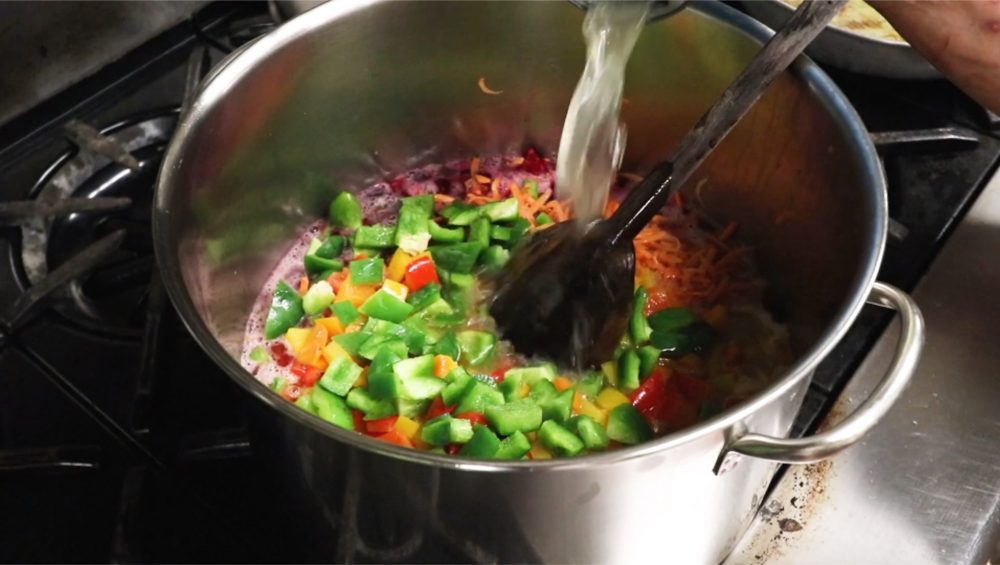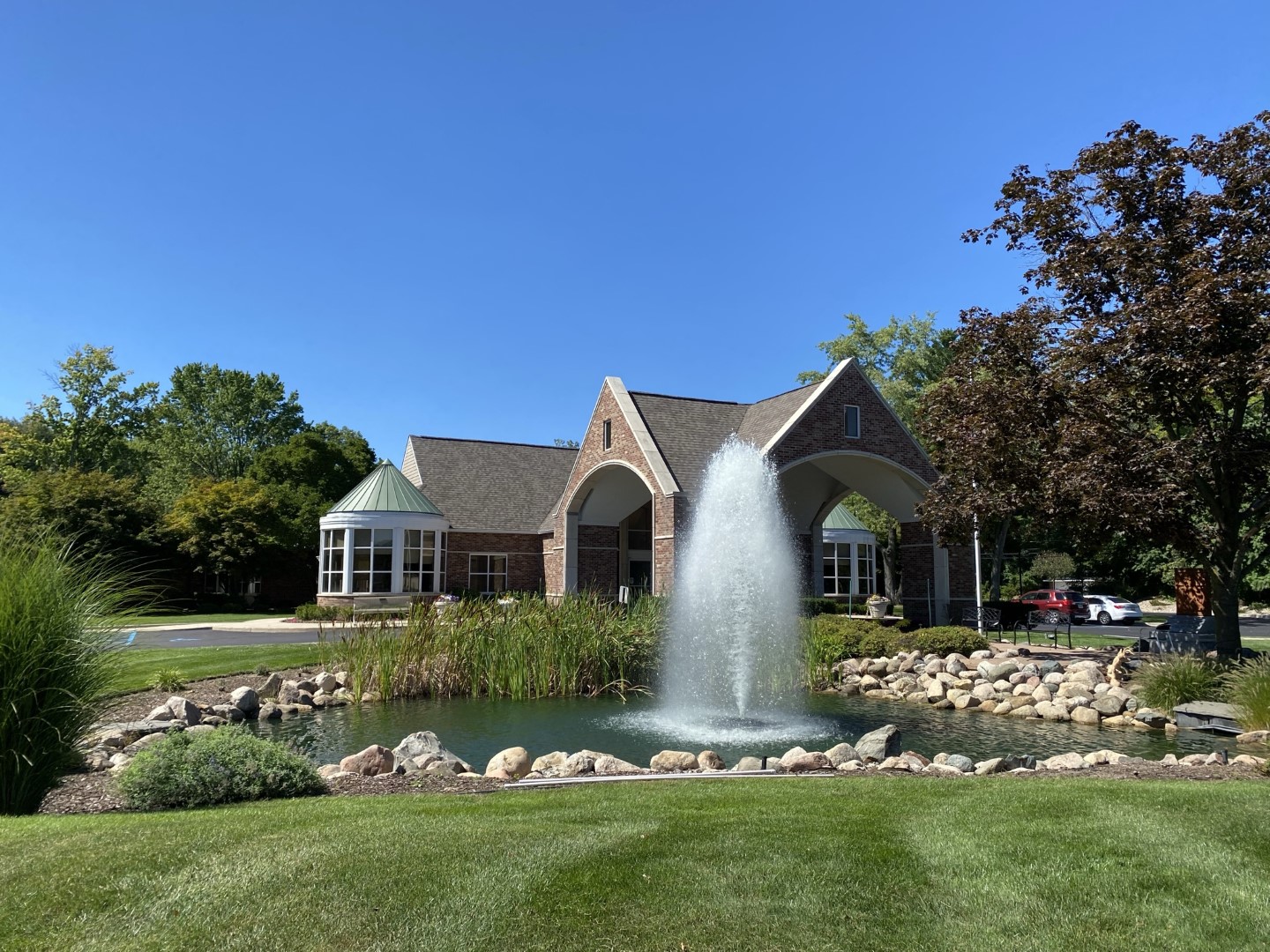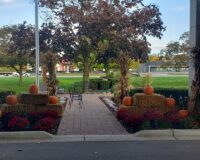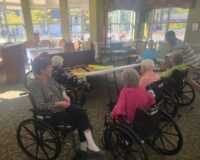As we age, our nutritional needs change, making it essential to adapt our diets to support overall health and well-being. For seniors, proper nutrition plays a critical role in maintaining energy levels, cognitive function, and the ability to recover from illness or injury. However, planning meals that meet these evolving dietary needs can be challenging for families and caregivers. Ensuring that seniors receive balanced, nutritious meals is crucial to their quality of life. At Manoogian Manor, we understand the importance of nutrition in senior care and are committed to providing meals that not only meet dietary requirements but also promote overall wellness. In this guide, we’ll explore the specific dietary needs of seniors and how thoughtful meal planning can support their health and vitality.
Understanding the Dietary Needs of Seniors
-
-
Caloric Needs and Nutrient Density
-
As people age, their metabolism slows down, resulting in a decrease in caloric needs. However, the need for essential nutrients, such as vitamins and minerals, remains the same or may even increase. This means that while seniors may require fewer calories, the food they consume must be nutrient-dense. Foods rich in vitamins, minerals, and antioxidants are crucial in supporting immune function, bone health, and overall vitality. For example, a diet rich in leafy greens, berries, and whole grains can provide the necessary nutrients without excess calories, helping seniors maintain a healthy weight while getting the nourishment they need.
-
-
Protein for Muscle Maintenance
-
Protein is a key nutrient for seniors, as it helps maintain muscle mass, which naturally decreases with age. Adequate protein intake is vital for preventing muscle loss, known as sarcopenia, which can lead to weakness and increased risk of falls. Incorporating high-quality protein sources such as lean meats, fish, eggs, and legumes into meals ensures that seniors receive the protein they need to stay strong and active. At Manoogian Manor, our meal plans are designed to include a variety of protein-rich foods, helping residents maintain muscle health and overall physical function.
-
-
Fiber for Digestive Health
-
Digestive health can become a concern for seniors, with issues such as constipation becoming more common. A diet high in fiber helps promote regular bowel movements and supports overall digestive health. Foods like whole grains, fruits, vegetables, and legumes are excellent sources of dietary fiber. For instance, including a serving of oatmeal topped with berries in a senior’s breakfast can provide both soluble and insoluble fiber, aiding digestion and supporting heart health. At Manoogian Manor, we include fiber-rich foods in our meal plans to help residents maintain optimal digestive function.
-
-
Hydration and Fluid Balance
-
Dehydration is a common issue among seniors, as the sensation of thirst diminishes with age. Proper hydration is essential for maintaining body temperature, joint health, and cognitive function. Encouraging seniors to drink water regularly and consume hydrating foods like fruits and vegetables can help prevent dehydration. For example, offering water-rich foods such as cucumbers, watermelon, and soups throughout the day can contribute to overall fluid intake. At Manoogian Manor, we ensure that residents have access to water and hydrating beverages at all times, and our meals often include hydrating foods to support fluid balance.
-
-
Healthy Fats for Cognitive Function
-
Healthy fats, particularly omega-3 fatty acids, are important for brain health and cognitive function. Omega-3s, found in fatty fish like salmon, as well as in flaxseeds and walnuts, can help reduce inflammation and support memory and learning. Including sources of healthy fats in the diet is essential for seniors to maintain cognitive health as they age. For instance, a meal featuring grilled salmon with a side of sautéed spinach and walnuts provides a delicious and brain-boosting option. Manoogian Manor’s meal plans incorporate healthy fats to support the cognitive well-being of our residents.
-
-
Vitamins and Minerals for Bone Health
-
Bone health is a major concern for seniors, particularly with the risk of osteoporosis and fractures. Adequate intake of calcium and vitamin D is essential for maintaining bone density. Dairy products, leafy greens, and fortified foods are good sources of calcium, while exposure to sunlight and foods like fatty fish and fortified milk provide vitamin D. Ensuring that seniors get enough of these nutrients can help protect against bone loss and related injuries. At Manoogian Manor, we provide meals that are rich in calcium and vitamin D to support the bone health of our residents.
-
-
Special Dietary Needs and Restrictions
-
Many seniors have special dietary needs or restrictions, such as managing diabetes, hypertension, or food allergies. Tailoring meal plans to meet these needs is crucial for maintaining health and preventing complications. For example, a senior with diabetes may require a diet that is low in sugar and refined carbohydrates, while someone with hypertension may need to follow a low-sodium diet. At Manoogian Manor, we work closely with residents and their families to accommodate special dietary requirements, ensuring that meals are both nutritious and safe for each individual’s health condition.
How Manoogian Manor Supports Healthy Eating Habits
At Manoogian Manor, we recognize the importance of nutrition in promoting the health and well-being of our residents. Our approach to meal planning is centered on providing balanced, nutrient-rich meals that cater to the diverse needs of our senior community. We offer a variety of menu options that incorporate fresh, whole foods, and our culinary team is dedicated to creating meals that are both delicious and nutritionally sound.
In addition to our daily meal offerings, we provide residents with educational resources on nutrition and healthy eating habits. Our staff works closely with residents to encourage mindful eating, portion control, and the importance of staying hydrated. We also take pride in accommodating individual dietary needs, ensuring that every resident receives meals that support their unique health requirements.
Proper nutrition is a cornerstone of healthy aging, and thoughtful meal planning plays a critical role in supporting the dietary needs of seniors. By focusing on nutrient density, adequate protein intake, fiber for digestive health, hydration, healthy fats for cognitive function, vitamins and minerals for bone health, and accommodating special dietary needs, families and caregivers can help their loved ones maintain their health and vitality. At Manoogian Manor, we are committed to providing meals that not only meet these nutritional standards but also enhance the quality of life for our residents. As we continue to support the health and well-being of our senior community, we remain dedicated to offering meals that nourish the body and delight the senses, ensuring that our residents enjoy the benefits of a balanced, healthy diet.





